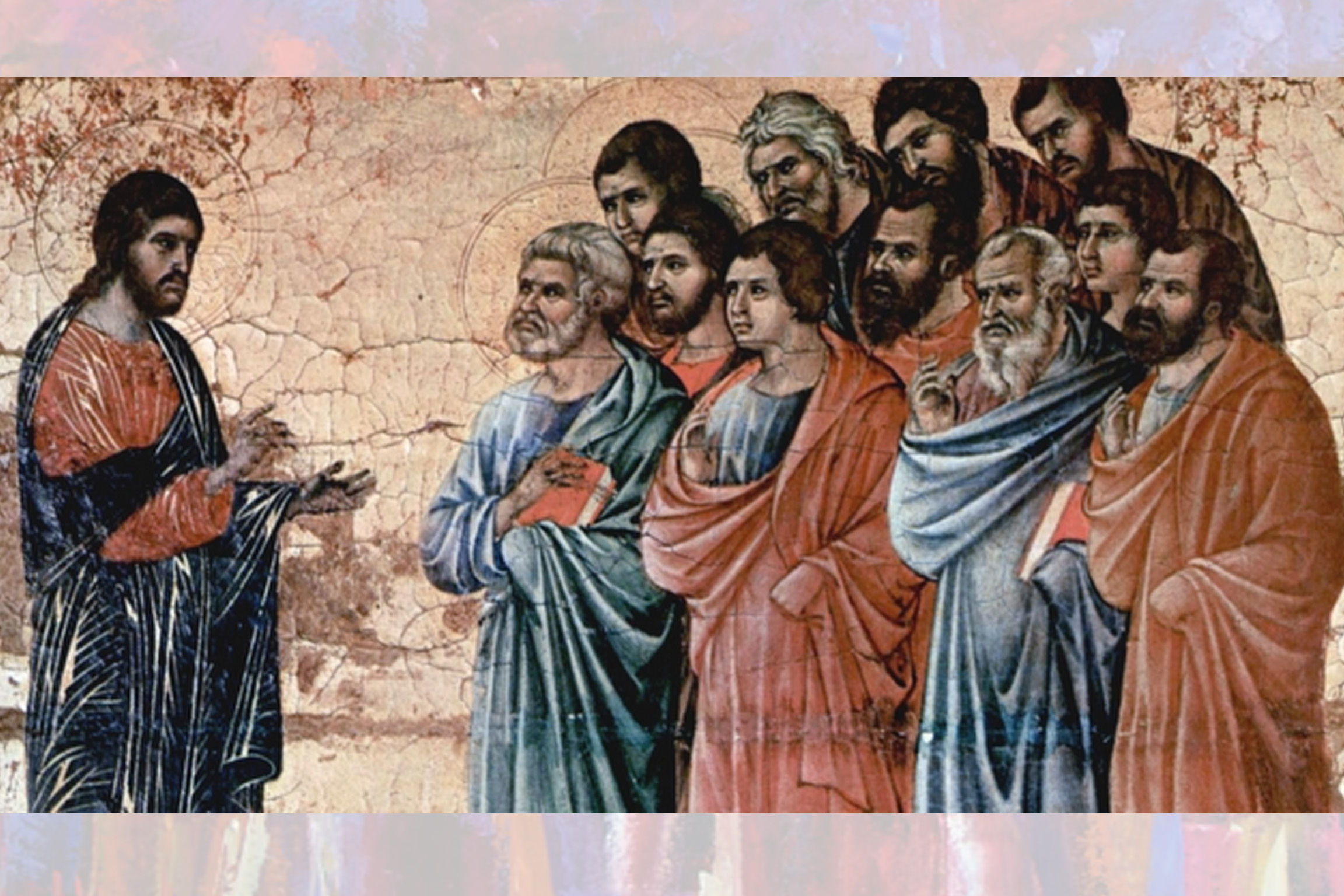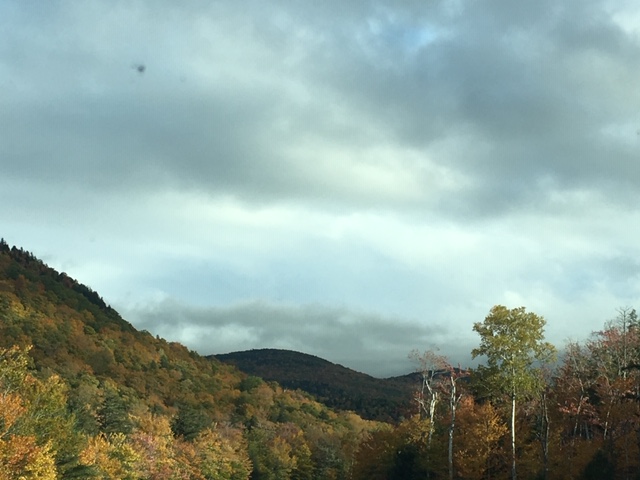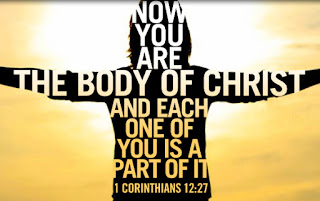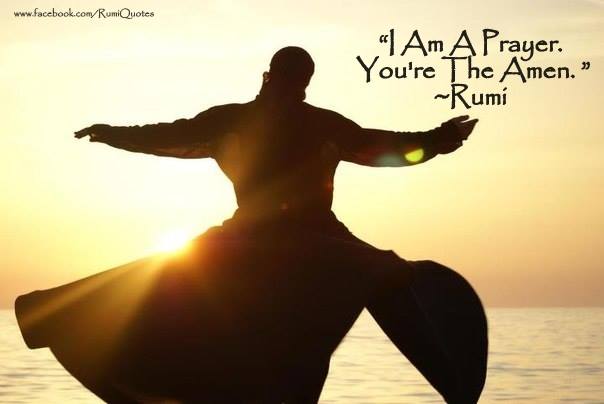Thoughts on prayer and when Holy Love prays for us
I think one thing is that prayer has become more useful, interesting, fruitful, and … almost involuntary in my life … And when I talk about prayer, I mean really … what Rumi says in that wonderful line, “there are hundreds of ways to kneel and kiss the ground”. — Mary Oliver In prayer it […]




